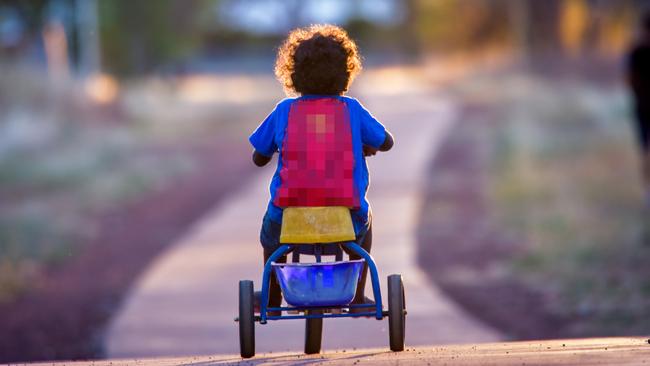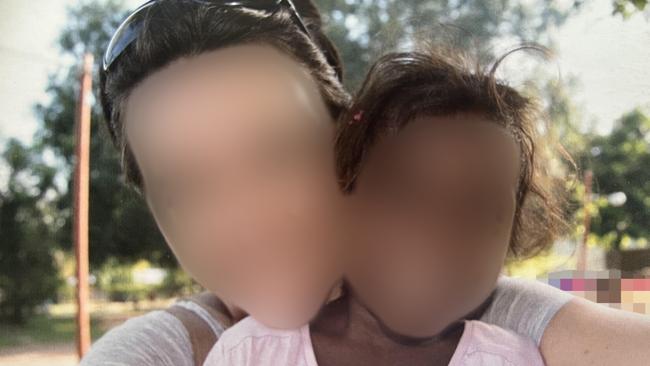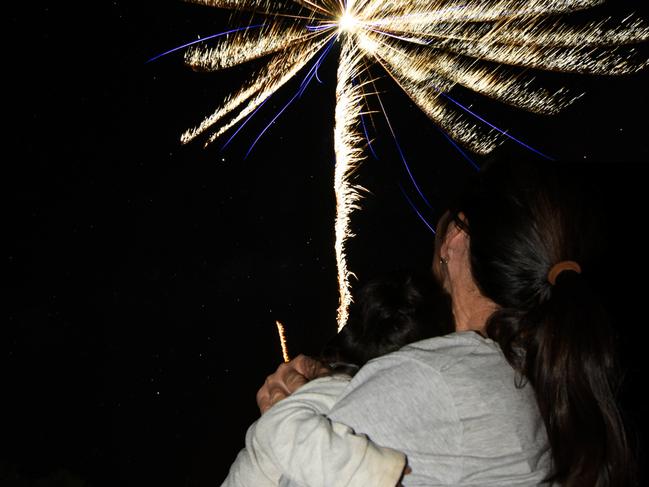NT government move creates backlog in foster family approvals
An urgent bid to find more foster carers in the Northern Territory has been stymied by the government dissolving the dedicated teams who approve new carers, creating a backlog of applications.

An urgent bid to find more foster carers in the Northern Territory has been stymied by a government decision to dissolve the dedicated teams who approve new carers, creating a backlog of applications.
The acting chief executive of the NT’s Foster and Kinship Carers Association, Amanda Thompson, says a couple of hundred extra carers are required but applications from interested people “are not progressing at the moment”.
She says the carer services team within the Territory Families department, which she used to work for, was dissolved at the end of 2021. The function of approving and reauthorising carers was moved to overburdened case managers.
She says this has happened in greater Darwin, Alice Springs and Katherine.

“Case managers are quite busy trying to look after and support children, so they really don’t have time to be doing carer assessments. So now there’s a block,’’ she said. “I’ve been raising it for quite a considerable amount of time, but it’s in limbo.”
Her claims come as a spotlight falls on the child protection system in the NT, with claims that some vulnerable children are being needlessly bounced through multiple foster placements or unstable kinship arrangements, to avoid being put with non-Indigenous carers.
Territory Families Minister Kate Worden would not comment, but Opposition Leader Lia Finocchiaro claimed the NT government was driven by ideology ahead of the best outcome for the child.
“The failings of the Fyles government to put the rights of the child to be safe ahead of anything else are sadly on display in front of the nation,’’ she said.
“Kinship care has a place, but is something that is to be applied in the appropriate circumstance and not above all else.”
Ms Thompson, whose organisation provides support for foster and kinship carers, confirmed that some decisions to return children under the kinship model appeared questionable.
“Sometimes I don’t think the best decisions are made in the best interests of the children,’’ Ms Thompson said.
Foster carers have told The Weekend Australian of Indigenous children being moved from placement to placement, often against the wishes of the foster parents, the child and, in some cases, the birth mothers and extended family.
One child, who was moved through 13 foster homes and two residential centres, kept running back to her white foster parents and is now living with them because she refuses to leave.
Another foster mother has told how a little boy in her care for two years was moved to live with extended family he didn’t know. At four years of age, she says he too kept running away.
“If you are an Aboriginal child in care, and you can’t safely be returned to your family, you will be disadvantaged by a system that denies you the right to stay in a loving, stable [foster] home. We wouldn’t treat non-Indigenous children this way,’’ the carer told The Weekend Australian
This carer, who has strong links with her local Aboriginal community, is now so disillusioned she refuses to foster any more children. Ms Thompson says it’s a shame to lose carers because more are urgently needed.
“A couple of years ago when I was in carer services, we had over 340 carers in the greater Darwin region. When I left it was down to about 188. There’s been a significant loss of carers.’’
She says this has created a greater reliance on purchased-based care, where “educators” are paid a wage, in a small business-style arrangement, to house vulnerable children who have been removed from their families.
This is despite Territory Families’ own strategy to phase out purchased home care placements in preference for foster and kinship care by December 2021.

The acting NT Children’s Commissioner, Nicole Hucks, said in her last annual report that the use of this type of care had in fact increased for the fourth consecutive year.
“Of concern, the total number of kinship care placements have decreased while the proportion of Aboriginal children in out of home care has increased during 2021-22,’’ she said.
Ms Thompson doesn’t doubt there are good carers in the purchased care system. “But some have up to six children plus often their own children, so how much individual care and attention do the children in foster care receive in those situations?”
She says the payments are significant – it is believed these carers receive more than $78,000 per child per year.
In 2021-22, 40 per cent of children in out of home care in the NT were in purchased care, compared to 27 per cent in foster care and 22 per cent in kinship care.
In a statement, a spokesman for Territory Families noted every jurisdiction had challenges around the availability of foster carers. He said the primary responsibility to support carers had always rested with case managers, and carer applications were completed at the office nearest to the applicant carer.
The department did not directly address questions around the changes, but noted that through early intervention and increased support for families, the number of Aboriginal children in care over the past five years had dropped from 930 to 793 as at January 31 this year.







To join the conversation, please log in. Don't have an account? Register
Join the conversation, you are commenting as Logout